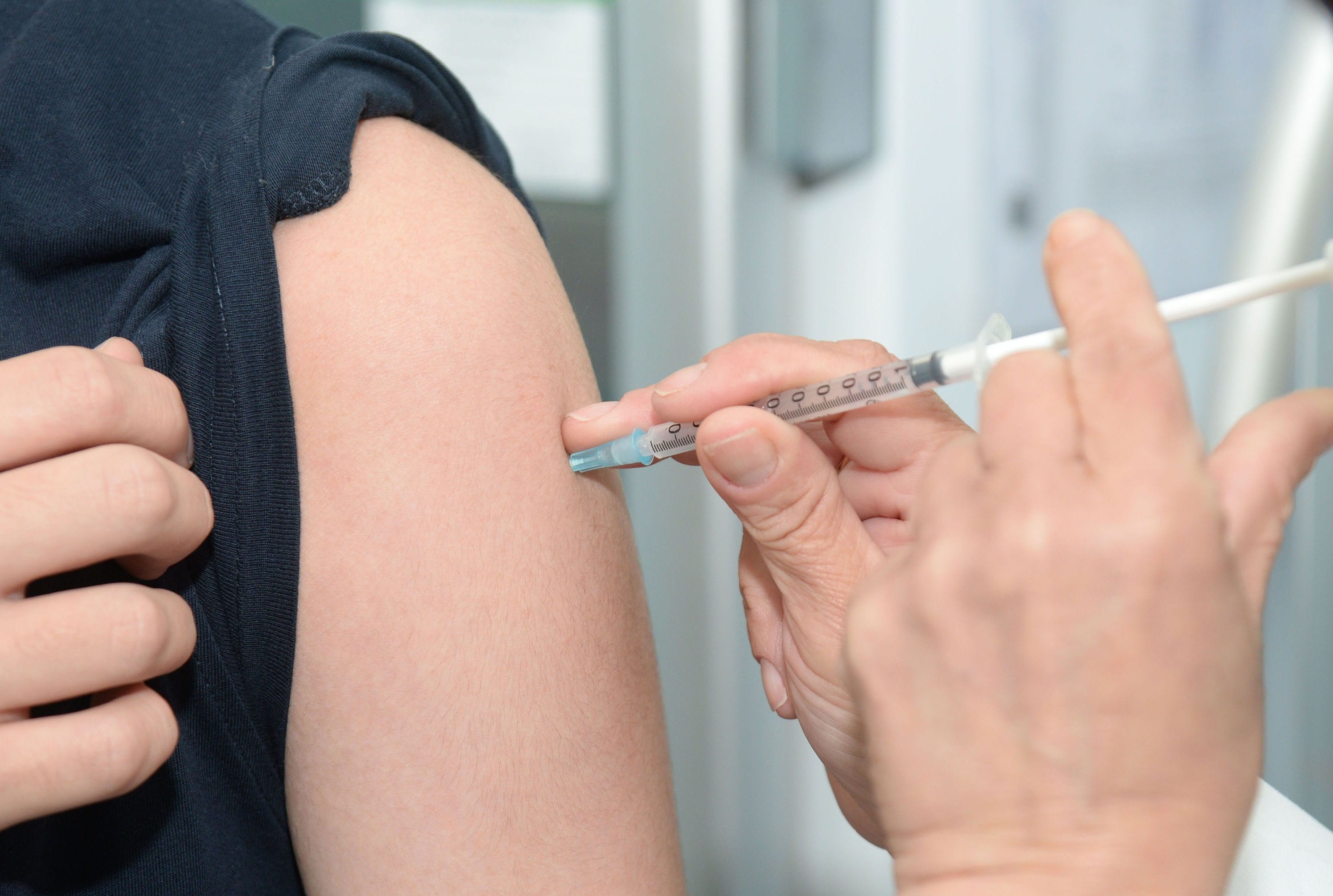Dspite the benefits of getting vaccinated, there’s a chance you may have to deal with vaccine injuries.
The use of vaccines as a way of preventing diseases or infections began in 1976. Over time, multiple vaccines have been invented for several diseases, and their use in recent times has significantly increased. Apart from protecting your health, vaccines are a safety measure to protect the health of your loved ones and those around you.
Unfortunately, as much as you take the initiative to promote your health, there’s a possibility you may experience adverse effects after being vaccinated. How the vaccine is administered and the vaccine itself determine your state of health afterward. Sometimes, a nurse may make mistakes, such as using the wrong needle size, injecting too deep, or being injected in the wrong spot. As a result, you may get an injury from vaccine administration.
Other vaccines, such as the influenza vaccine, have been associated with causing complications like Guillain-Barre Syndrome (GBS). GBS is an autoimmune disorder that causes the immune system to attack the nerves. This condition can be caused by pregnancy, an infection, or the influenza vaccine. When you get GBS from the influenza shot, you’re entitled to compensation for the damage caused. However, the case can be so complex. It, therefore, helps when you have the help of an injury attorney. Here’s more on all you need to know about GBS and vaccines.
Apart from GBS vaccine injuries, other injuries can occur, and here’s what you can do if you suspect an injury from the administered vaccine. Continue reading to learn more.
What’s Next After Suspecting You Have An Injury From Vaccine Administration
Here are some of the actions you may take if you suspect an injury from the administered vaccine:
- Assess the Injury Type You May Have
There are various types of injuries you may get after a vaccine administration. Some common injuries include shoulder injury related to vaccine administration (SIRVA), idiopathic thrombocytopenic purpura, polio, hepatitis A, varicella, transverse myelitis, and Guillan-barre syndrome. These injuries differ in terms of when their symptoms start to show and the severity of the symptoms.
Thanks to technological advancement, you can now search for the symptoms you have to try to understand what you may be going through. Also, you can keep track of the changes in the symptoms you’re experiencing. Doing so will help provide helpful information if the symptoms persist and you decide to visit your doctor.
- Visit Your Doctor
As mentioned above, if the symptoms persist, consider seeing your doctor. A doctor will examine you to confirm whether and which type of injury you have. After that, they can recommend the best option for dealing with your injury.
There are various ways of dealing with an injury from vaccine administration. For instance, you can be advised to get enough rest, take pain medications, take steroids either orally or through injections, go for physical therapy sessions, or undergo surgery. These treatment options are recommended based on the severity of your vaccine injury and its effects. If you are experiencing difficulty moving, the best treatment option would be physical therapy, as it deals with stiffness, weakness, and limited body motion. On the other hand, if you’re experiencing unbearable pain and unending inflammation, your doctor may prescribe pain medications or steroids.
- Consider Seeking Financial Compensation
Apart from your physical health, injuries from vaccine administration may affect your mental health. You may have to deal with situations you weren’t prepared for, such as spending money booking doctors’ appointments, buying the prescribed medication, and many more. Additionally, dealing with an injury, you didn’t expect and caused by someone else’s mistake may deteriorate your mental well-being.
Unfortunately, you can’t reverse the vaccine administration process and get a proper vaccination. However, you may consider being financially compensated for what you’re going through. To your advantage, the National Vaccine Injury Compensation Program was formed to provide this compensation. Therefore, you should consider getting the financial compensation you deserve.
- Learn More About The National Vaccine Injury Compensation Program
There’s a specific way that this program works. As much as it’s started to offer financial compensation, this program doesn’t compensate for injuries from all vaccines. Also, specific periods for your first symptom are used to determine whether you qualify for the program.
An updated vaccine injury table outlines the vaccines compensated by the program, the illnesses or injuries covered, and the time you get the first symptom following your vaccination. For instance, if you get a vaccine that contains the rubella virus, the program will compensate you if you develop chronic arthritis and if you experience your first symptom between seven and 42 days after the administration. The program doesn’t compensate for any other condition from this vaccine. Therefore, you can use the vaccine injury table to check whether you qualify for the national vaccine injury compensation program.
After you use the vaccine injury table to confirm your injury can be compensated by the national vaccine injury compensation program, seek legal assistance. To be compensated, you must first file a petition with the U.S. Court of Federal Claims. Your petition will undergo review by a U.S. Department of Health and Human Services medical staff to determine whether you meet the set medical criteria for the program’s compensation. If you meet the requirements, the medical staff writes a preliminary recommendation used by the U.S. Department of Justice to come up with a report. This report is forwarded to a special master appointed by the court, who listens to both parties and decides whether you should be compensated.
You’ll be required to present medical records to support your claim during this process. Further, you can provide any other evidence that may help you be compensated. Getting additional evidence may not be easy, and that’s where a lawyer comes in. A specialized lawyer can use their resources to collect evidence and present it at your court hearing. Furthermore, a lawyer can get an expert to review your medical records to confirm that you qualify to be compensated, as well as represent you in discussions with the defendants.
Moreover, you may not be approved to be compensated the first time you file a petition. However, it doesn’t necessarily mean that your case has ended. In such a situation, you can reject the court’s decision and hire a lawyer to help you with your claim against the healthcare provider who administered the vaccine to you or the vaccine company.
Summing It Up!
One way to care for your health is to get vaccinated against diseases such as smallpox, pertussis, polio, measles, and others. However, despite the benefits of getting vaccinated, there’s a chance you may have to deal with vaccine injuries. These injuries are a result of incorrect vaccine administration or harmful vaccines. Vaccine injuries may drain you financially as you’ll have to seek medical attention, as well as mentally because you’ll be dealing with health issues you didn’t expect. After being vaccinated, you may be unsure of what to do if you suspect an injury from vaccine administration. To your advantage, you can use this article to learn about the actions you can take.



Join the conversation!